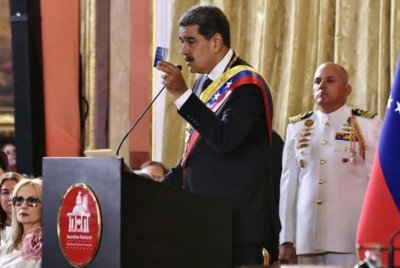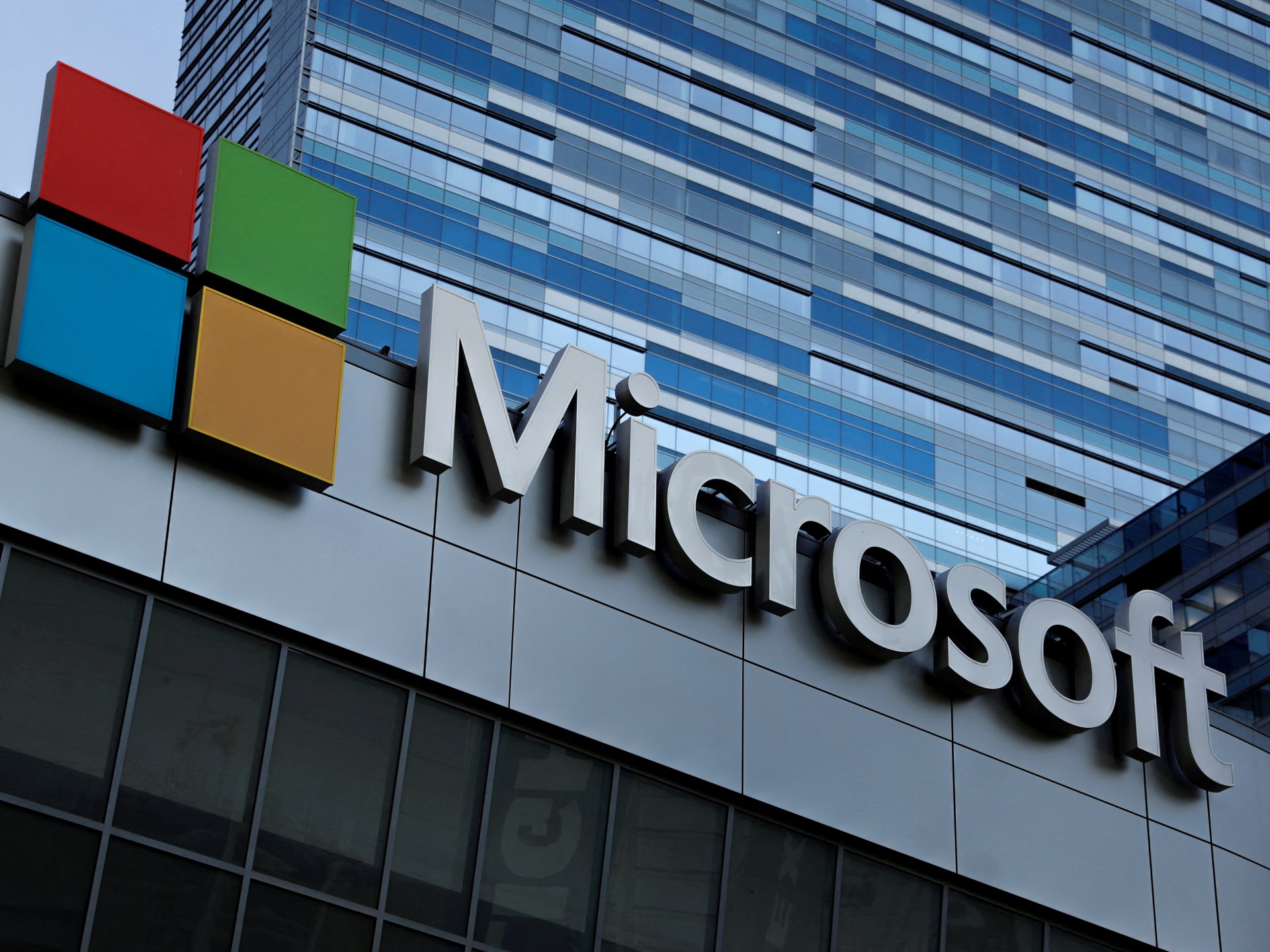Venezuela to close embassies in Norway, Australia

A handout photo made available by the Cuban Presidency shows Venezuela’s President Nicolas Maduro (C) delivering a speech on the day of his inauguration as president, in Caracas, Venezuela, in January. On Monday, Maduro announced Venezuela would close its embassies in Norway and Australia while opening new embassies in Burkina Faso and Zimbabwe. File Photo by Alejandro Azcuy/EPA
Oct. 13 (UPI) — Venezuela announced Monday it will close its embassies in Norway and Australia in a “strategic re-assignment of resources” amid growing tensions with the United States and a Nobel Peace Prize for the opposition.
President Nicolas Maduro announced Venezuela would open new embassies in Burkina Faso and Zimbabwe, “two sister nations, strategic allies in the anti-colonial fight and in the resistance against hegemonic pressures,” according to the Caracas government.
“The central objective of this reorganization is to optimize state resources and redefine our diplomatic presence to strengthen alliances with the Global South, promoting solidarity among peoples and cooperation in strategic areas for mutual development,” Venezuela’s foreign ministry wrote in the statement.
Monday’s announcement that Venezuela will close its Oslo embassy comes three days after Venezuelan opposition leader Maria Corina Machado won the 2025 Nobel Peace Price for her efforts to restore democracy in Venezuela and end the dictatorship of Maduro as “one of the most extraordinary examples of civilian courage in Latin America.”
Machado was chosen to run against Maduro in Venezuela’s 2011 and 2024 elections, but the government banned her from participating over her activism against the Maduro regime.
Maduro on Sunday responded to Machado’s Nobel Prize, awarded by Norway’s foreign ministry, by calling her “a demonic witch.”
Growing tensions between Venezuela and the United States, which have escalated over U.S. drug strikes on vessels off the country’s Caribbean coast, also played into the decision to relocate embassies to Zimbabwe and Burkina Faso, which are more aligned with Russia.
“The Bolivarian Republic of Venezuela reaffirms that these actions reflect its unwavering will to defend national sovereignty and actively contribute to the construction of a new world order based on justice, solidarity and inclusion.”

